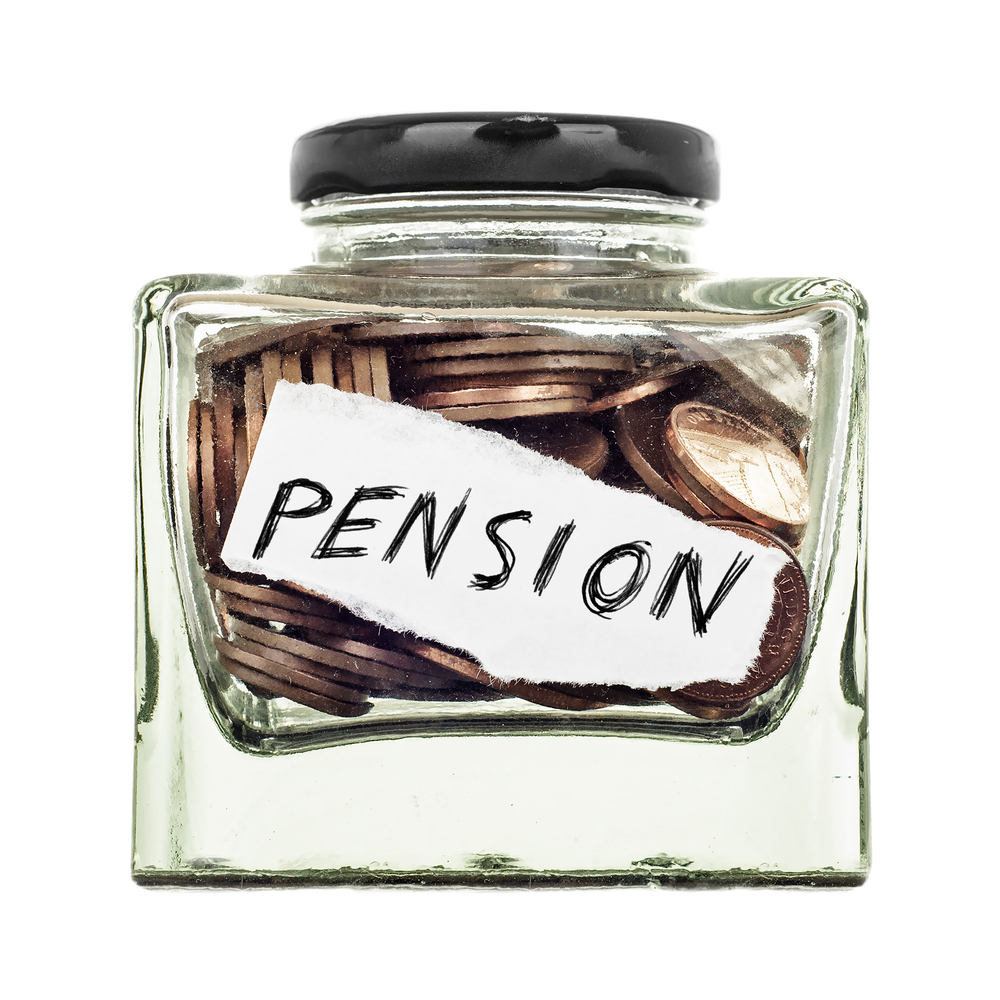News
Government slammed for ‘watering down’ pension charge cap

The government has been accused of ‘watering down’ the pension charge cap, after it published its plans for allowing workplace pension schemes to invest in a wider range of assets.
The Department for Work and Pensions (DWP) has launched a consultation over its proposals for workplace pension schemes to invest savers’ money into ‘illiquid assets’, such as funding for new start-up businesses and the infrastructure needed for the nation’s transition to Net Zero.
It noted that these investments involve performance fees, which are charged should the investment perform strongly. To date these fees have been covered by the 0.75 per cent pension scheme charge cap, which has made the investments less viable for schemes to consider. However, under the proposals, such investments would be exempted from the charge cap.
The DWP argued that by exempting performance-based fees, pension savers could enjoy greater returns on the sums they put aside, while still being protected from having to pay high fees in exchange for poorly-performing investments.
Guy Opperman, the pensions minister, said: “As automatic enrolment has developed, we have always wanted to ensure the best outcomes for members. This consultation will look at ways to enable schemes to take advantage of long-term, illiquid investment opportunities and provide better returns for members.”
No guarantee
However, there have been warnings that the move effectively undermines the pension charge cap, with no guarantee of delivering an improved return.
Tom Selby, head of retirement policy at AJ Bell, said that while the move will increase the number of investment options open to automatic enrolment schemes, it’s crucial for trustees to focus on the needs of the scheme’s members.
He continued: “There is no guarantee that fund managers operating a performance fee structure will deliver better returns than a lower cost fund. It will also be crucial for any scheme considering such investments to ensure the performance fee incentives are aligned with the long-term interests of their members.
“There is a reasonable argument that funds operating a performance fee structure should consider reducing charges when they fail to deliver returns. There is, of course, nothing stopping schemes attempting to negotiate such terms with a fund manager – although whether such negotiations would bear fruit is another question entirely.”
Transparency is crucial
This was echoed by Helen Morrisey, senior pensions and retirement analyst at Hargreaves Lansdown, who said that any measure which gives pension schemes more flexibility should be welcomed.
However, she cautioned: “Performance fees can be complicated, and care must be taken that schemes really understand the cost of what they are investing in if members are to be protected. Otherwise, we risk scheme members paying over the odds for something that does not give them long term value for money and undermining confidence in pensions – transparency will be key.”